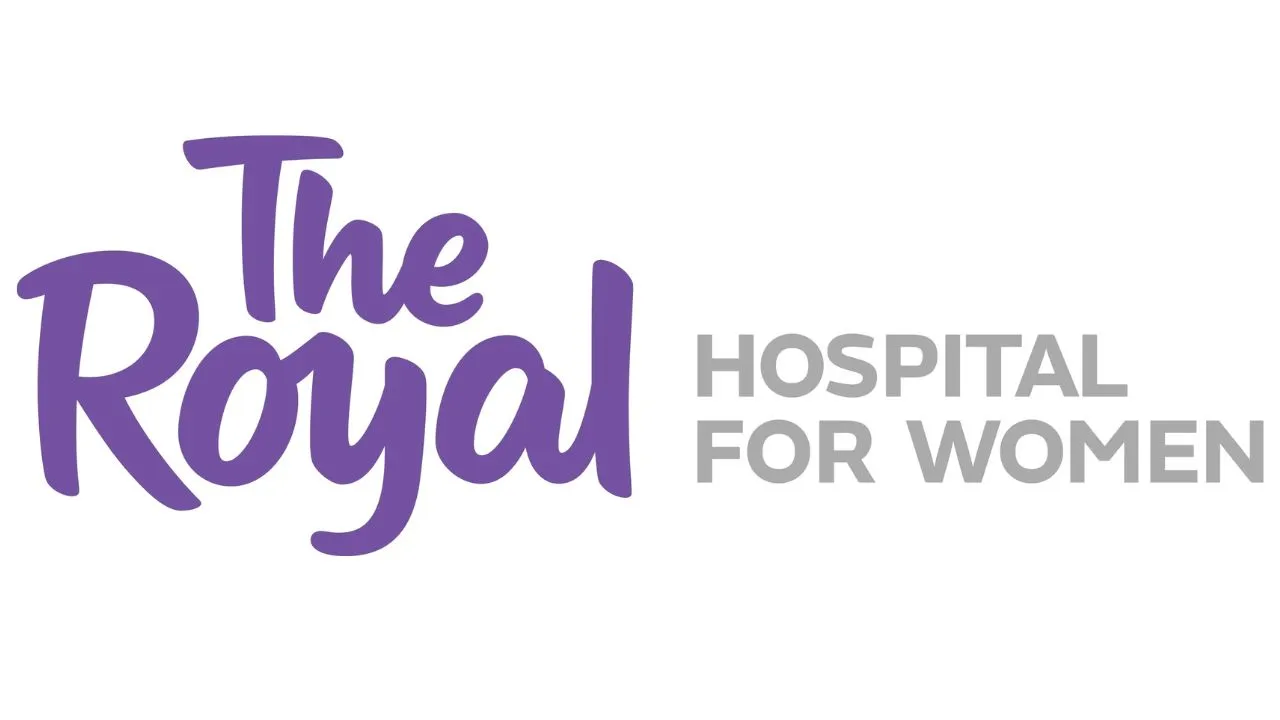
Project or Initiative: Child Life Therapy in The Royal’s NICU – Supporting and Empowering Patients and Families with Hospitalisation
Project Summary
The Co-Group’s 2024 funding for a Child Life Therapist (CLT) in the Newborn Intensive Care Unit (NICU) has significantly extended the support provided to parents of premature and critically ill babies, including those with a disability. This has helped parents better care for and support their baby during their NICU stay and as they transition home.
Babies are admitted to the NICU for many different reasons, staying from a few days to many months depending on their condition and medical needs. Over this time, stresses change but continue to bring new challenges for parents.
A CLT team provides family-centred clinical services to inpatients and/or outpatients referred to Child Life Therapy. Using specialist knowledge, a CLT plans, implements, and evaluates developmentally appropriate therapeutic and medical play, procedural education, and support. This reduces anxiety by teaching coping strategies and distraction, while also supporting babies to maintain and extend developmental milestones where possible. CLT interventions promote emotional safety, improve families’ ability to cope, and reduce the negative effects of unavoidable stress and trauma.
Project Objectives
Child Life Therapy has played an integral role in the NICU at the Royal Hospital for Women by providing specialist, holistic care to families and babies throughout what is often a lengthy hospital journey. CLT funding provides families with additional psychosocial support and developmentally enhanced care for their babies, helping to normalise the NICU experience. This positively impacts parents’ mental health and babies’ long-term outcomes.
Neurodevelopmental care, attachment, bonding, and parental wellbeing are key to achieving positive long-term outcomes for sick and premature babies. CLTs optimise these areas using sensory-appropriate stimulation and play, education, and tailored care plans. We have observed reduced parental anxiety and depression, and increased parental engagement and confidence in meeting their baby’s developmental needs. CLT also helps reduce the risk or impact of medical traumatic stress, which can have lasting implications for parents during follow-up care.
Additionally, CLT provides invaluable trauma-informed support to families experiencing baby loss or end-of-life care. Memory-making, such as canvas painting with siblings, hand/footprints, photos, music, and enhanced environmental care, has made a profound difference to our most vulnerable families.
Outcomes and Impact
In the high-stress NICU environment, the smallest interactions can have long-lasting impacts. The NICU supports over 1,000 babies annually, and programs such as CLT extend vital care and assistance to babies and their families—ensuring they feel supported, educated, and connected.
The story below highlights powerful moments of connection and support between a long-stay baby, her family, and Victoria, a dedicated CLT, made possible by The Co-Group’s generous funding:
*“Baby T was born at 26 weeks’ gestation, weighing 887g. Intubated and ventilated at birth, she required breathing support throughout her NICU journey, which was also complicated by ileal atresia and the need for an ileostomy. Baby T spent over four months in Level 3 NICU before being transferred to Sydney Children’s Hospital Intensive Care Unit.
As the NICU Child Life Therapist, I met Baby T and her parents when she was no longer ventilated but still on breathing support. My goal was to help her parents form a strong attachment and bond, listening to their challenges and exploring helpful strategies. Baby T’s mother shared that she felt most relaxed during kangaroo care (skin-to-skin cuddles). I provided education on its benefits, highlighting opportunities for bonding and attachment through her familiar voice and unique scent.
I also provided books for her to read to Baby T during kangaroo care, including ones that held personal significance to the family. These resources strengthened bonding and coping in the NICU environment. We celebrated milestones—such as Baby T’s first smile and medical achievements—and personalised her space with her name, family photos, and developmentally appropriate resources like black-and-white mobiles and rattles to stimulate brain development and motor skills.
When parents couldn’t be at her bedside, I delivered play sessions with songs, stories, and gentle positive touch, creating a nurturing environment. Learning which songs mum had played during pregnancy, I incorporated this music into sessions and introduced the family to Music Therapy colleagues to further support Baby T.
This role enhanced Baby T’s ability to cope and settle, supported her parents’ developmental concerns, and provided meaningful resources at each stage of her journey. Her parents expressed heartfelt appreciation for the CLT support provided throughout their NICU stay.”*
Learnings and Reflections
On behalf of the Social Work Department, we thank The Co-Group for its continued support of our precious NICU babies, including those with disabilities, through the ongoing funding of a Child Life Therapist. We see parents endure extremely challenging times, especially when a diagnosis involves long-term disability. As most interactions are medical and lack holistic care, our CLT bridges this gap, optimising outcomes for both babies and families.
Without your support, this would not be possible.
Prepared by: Elise Jenn – CEO, The Royal Hospital for Women